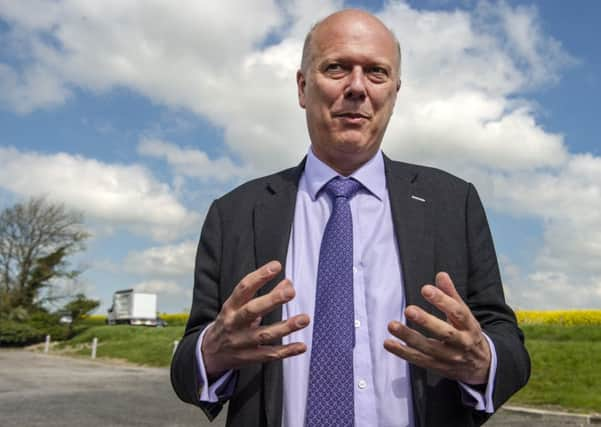How not to run a justice policy as Chris Grayling probation reforms halted – The Yorkshire Post says


The reforms had already lost the confidence of the public before a “horrifying case” where an offender under the supervision of the Probation Service stole a lorry which hit – and killed – 58-year-old grandmother Jacqueline Wileman in Brierley near Barnsley.
Advertisement
Hide AdAdvertisement
Hide AdThough an internal review will establish whether the reckless actions of David Mellor – jailed for 13 years for causing death by dangerous driving – could have been avoided, the intervention by David Gauke, the current Justice Secretary, is timely.
He is now presiding over the creation of the National Probation Service which will take over management of low and medium-risk cases that are currently handled by private providers. Bringing together expertise from the private and voluntary sectors, his intention is “a smarter justice system that reduces repeat crime by providing robust community alternatives to ineffective short prison sentences”.
It is also right that the MoJ takes full responsibility for this rather than sub-contracting its criminal justice responsibilities – and expectations – to other organisations because Mr Grayling, the current Transport Secretary, did not know better (a familiar failing).
But it would also be remiss of the Government – and Parliament – not to learn wider lessons from a failure which appears to be yet another textbook example of how not to change policy. At the very least, a select committee inquiry should examine why scrutiny was so ineffective when the policy was being drawn up, why it took the Government so long to react – and the wider cost to society through wasted money and the heartbreak suffered by victims.